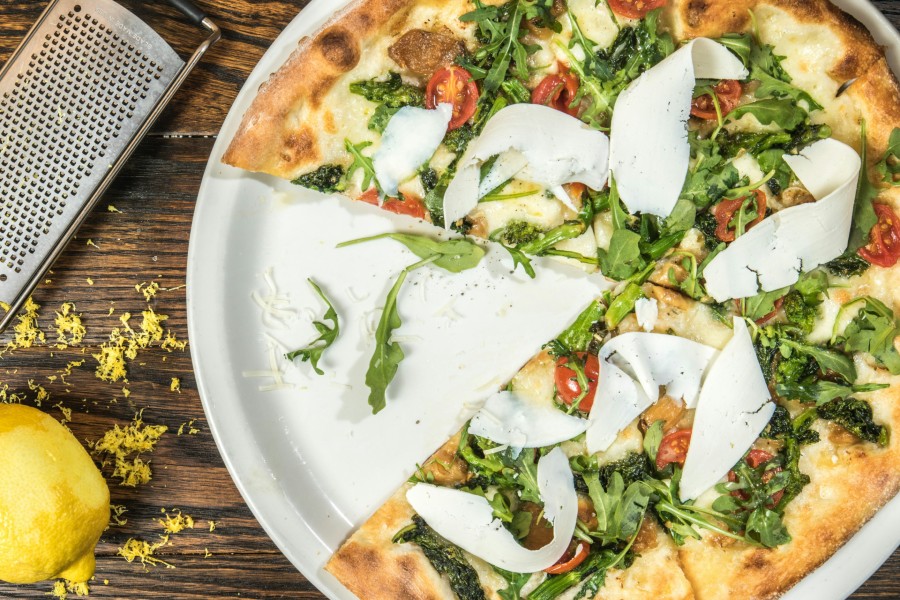“She called it a cheat meal, I just called it eating.” The caption’s accompanying image showed his wife lifting a glistening slice of pepperoni pizza from the table, the classic strand of gooey cheese trailing behind. From social media nutrition gurus to your next-door neighbor to this Instagrammer’s wife, so many of us – especially as focused and dedicated athletes – carefully plan and designate specific times to break our strict food rules…to ‘cheat’ on our diets.
We have much to learn from this young man’s comment. His mentality may just bring us closer to a healthier relationship with our food, our bodies, and ourselves. At the very least, this perspective begs the question: Is your well-intentioned cheat meal actually cheating you from moving toward genuine well-being and compassionate self-care?
Read the how-to guide for popular meal plans and eating philosophies, and it won’t be long before you encounter what constitutes a cheat. No sugar for 21 days. Unprocessed for 30. Just one burger a week. Cookies only allowed on Fridays. You can only eat bacon when you find the leprechaun under the rainbow. The list is endless, while the rules contradict, overwhelm, and ever-change. Deviate from the strict regimen, and you’ve failed, blown it, and – gasp! – cheated.
The moment a certain food becomes ‘off limits’ is the moment it amplifies in allure. Well-recognized in the study of human psychology, this phenomenon presents itself as early as the Garden of Eden. As Mark Twain puts it, “Adam did not want the apple for the apple’s sake, he wanted it only because it was forbidden. The mistake was in not forbidding the serpent; then he would have eaten the serpent.” One team of Arizona State University researchers pertain this reality to modern-day eaters when they found that restrictive, fear-based nutritional messaging targeting a specific food increases dieters’ desire for and consumption of that very product. Simply put, we humans crave what we cannot or do not have.
Similarly, the infamous ‘my-diet-starts-Monday syndrome’ walks hand in hand with the cheat meal state of mind. A team of researchers from Louisiana State and Duke University conducted a study among female dieters, or ‘restrained eaters,’ in which they gave them a doughnut followed by unlimited candy. Women who received support between the doughnut and candy encouraging them to release guilt for their perceived transgression ate 28 grams of candy, while those who did not consumed 70 grams. Restriction, in other words, sends eaters down a slippery and guilt-ridden all-or-nothing slope.
The problem with strict meal plans, food rules, and ‘cheat meals’ is that they inhibit your ability to tune into your body’s inner wisdom and interfere with your innate ability to eat in a way that feels best in your unique body and supports your mental, physical, and emotional health. They foster reductionist, black-and-white thinking that categorizes foods as decidedly good or bad. They reinforce the misguided anxiety that you cannot trust yourself around *insert forbidden food here* and that, without rigid guidelines, surely you would subsist on candy, French fries, and cake.
In reality, eating a diverse, well-balanced diet tastes and feels good. Only you live in your body, so only you can decide what this looks like. Imagine, for instance, that you were allowed to eat only ice cream for a week. Sooner or later, I bet you’ll be craving some veggies. Granting yourself unconditional permission to enjoy a wide variety of foods means that eating sings a uniquely different tune – one comfortably harmonizing balance, satisfaction, and nourishment. When cheating becomes simply eating, you break free from dieting’s oppressive, perilous regime and become empowered to trust that your body truly knows best.


Leave a Reply